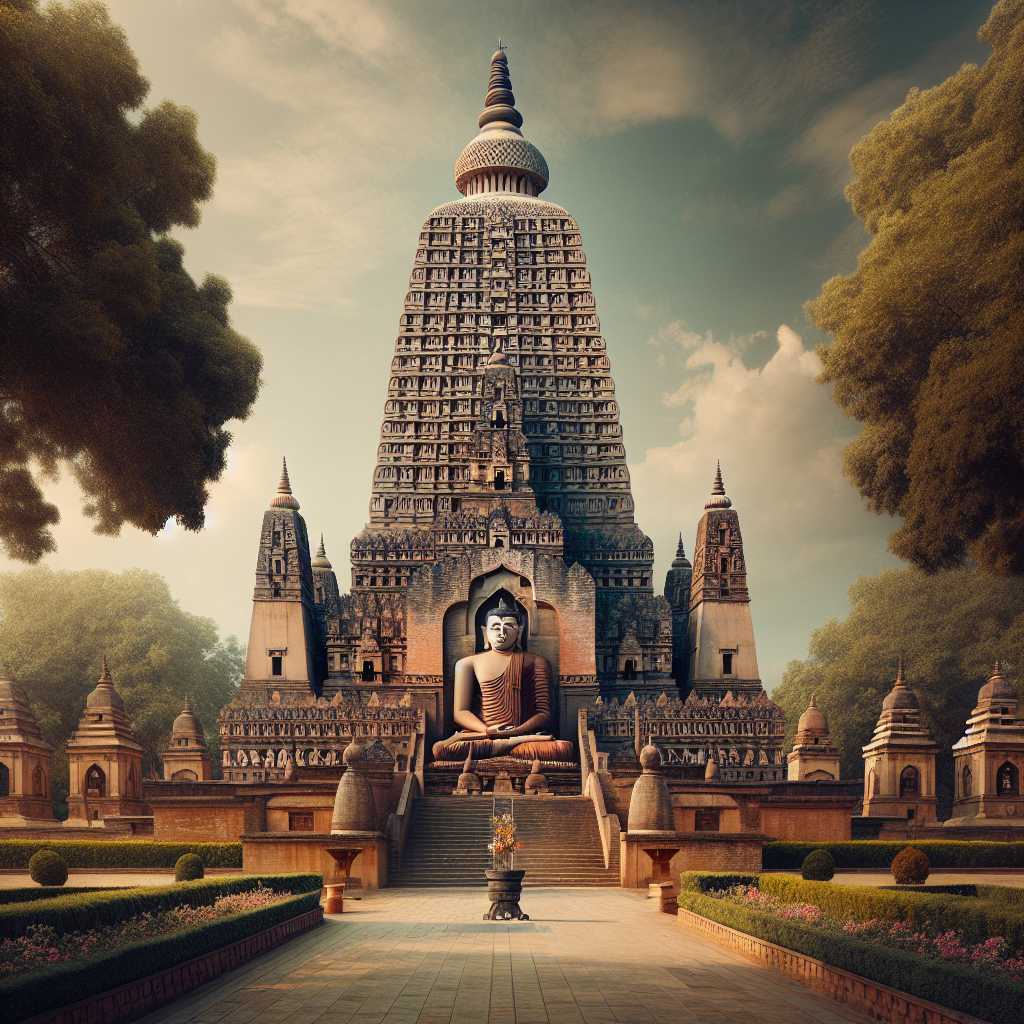Supreme Court to Review Bodh Gaya Temple Act: A Battle for Preservation and Control
The Supreme Court of India is set to review a plea challenging the Bodh Gaya Temple Act, 1949, calling for its replacement with a central law for better management of the Mahabodhi Temple. The plea argues that the act conflicts with constitutional rights and seeks removal of encroachments for Buddhist worship.

- Country:
- India
The Supreme Court of India has agreed to scrutinize a plea challenging the Bodh Gaya Temple Act of 1949, which seeks to replace it with a more comprehensive central law. The plea, presented to a bench of Justices M M Sundresh and N Kotiswar Singh, calls for improved management of Bihar's Mahabodhi Temple.
Recognized as a UNESCO World Heritage site, the Mahabodhi Temple in Bodh Gaya is sacred to Buddhists worldwide. The current petition challenges the constitutionality of the 1949 Act, alleging it violates Article 13 of the Indian Constitution, which addresses laws that conflict with fundamental rights.
The plea urges the removal of encroachments on the temple premises for exclusive Buddhist worship. A previous plea with similar concerns was redirected to a high court, highlighting ongoing debates over governance and religious rights around the historic temple site.
(With inputs from agencies.)
ALSO READ
PM Modi Reveres Chola Heritage at UNESCO Site
Andaman Islands Aim for UNESCO World Heritage Status
Encroachments on Defence Land: Legal Battles and Government Actions
IGNCA Hosts Symposium to Honour UNESCO Recognition of Gita and Natyashastra
Bhagavad Gita and Natyashastra Enter UNESCO Memory of the World Register










